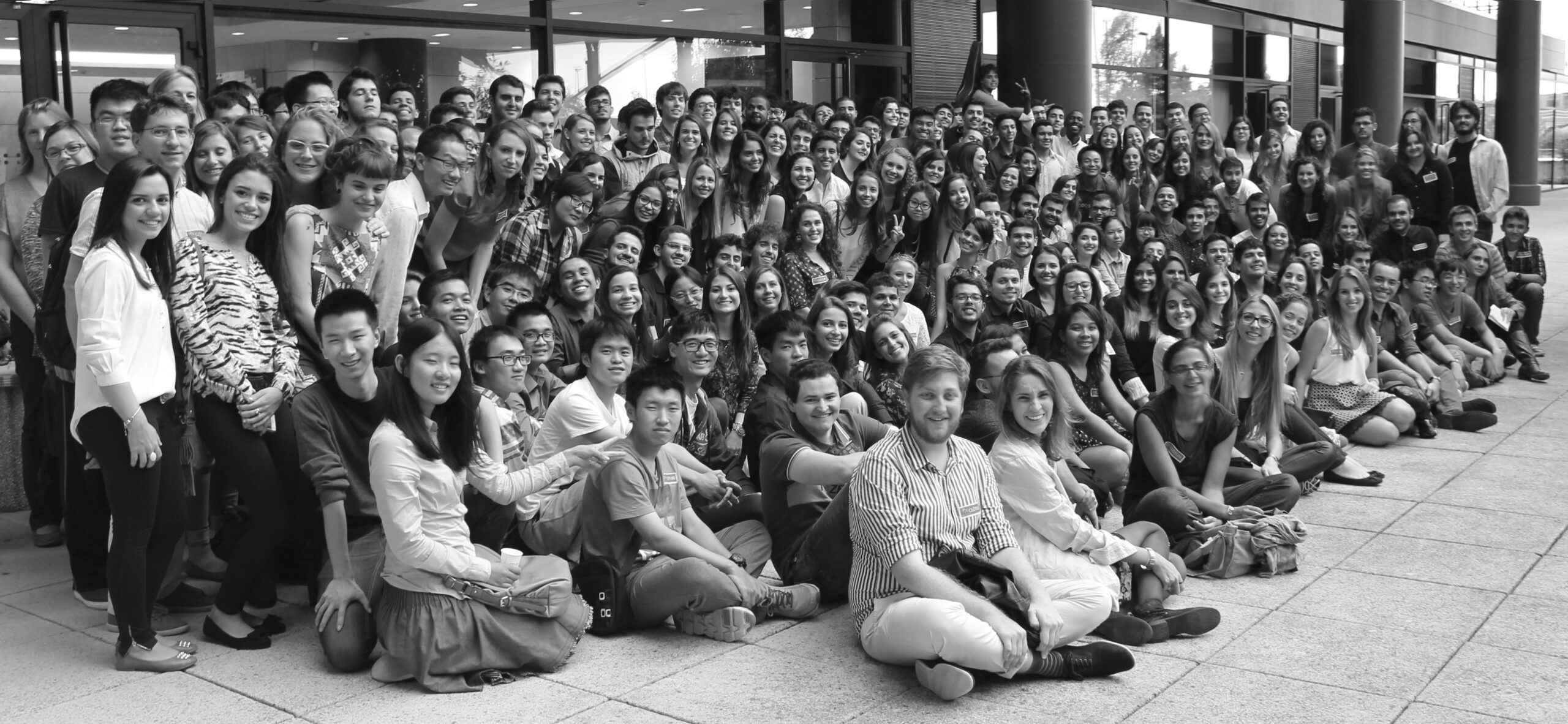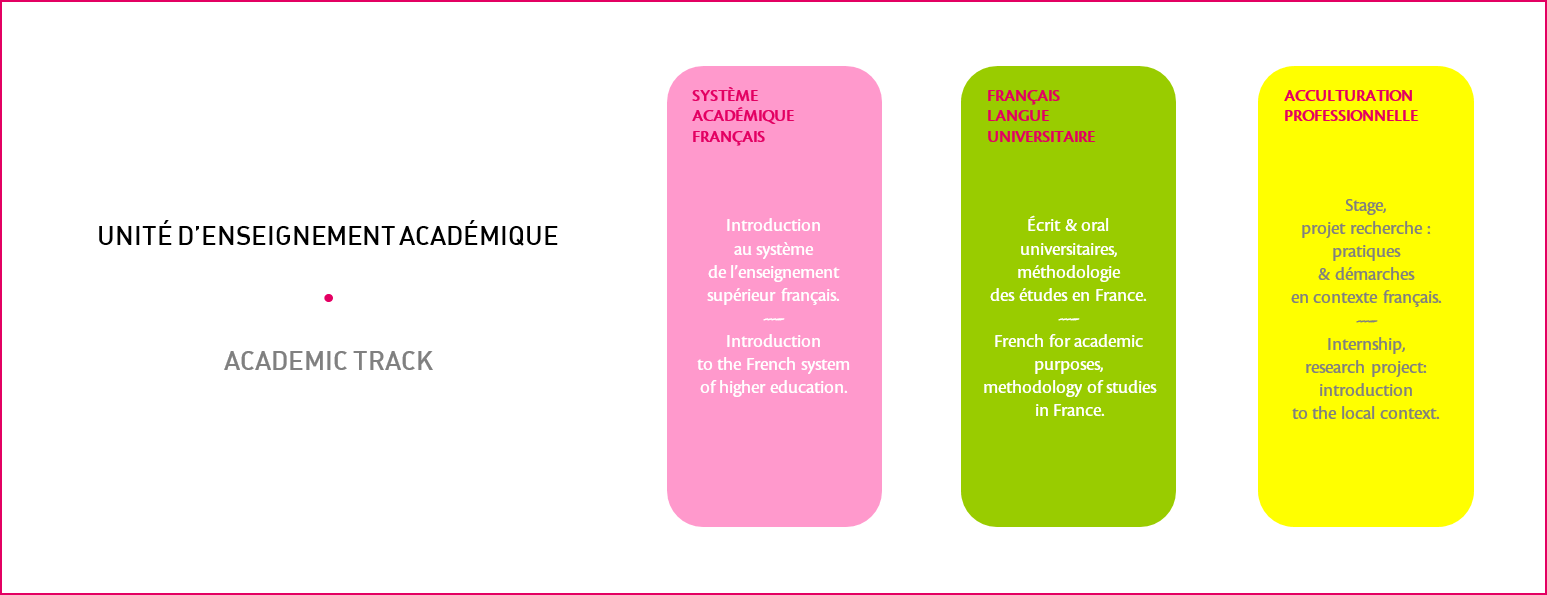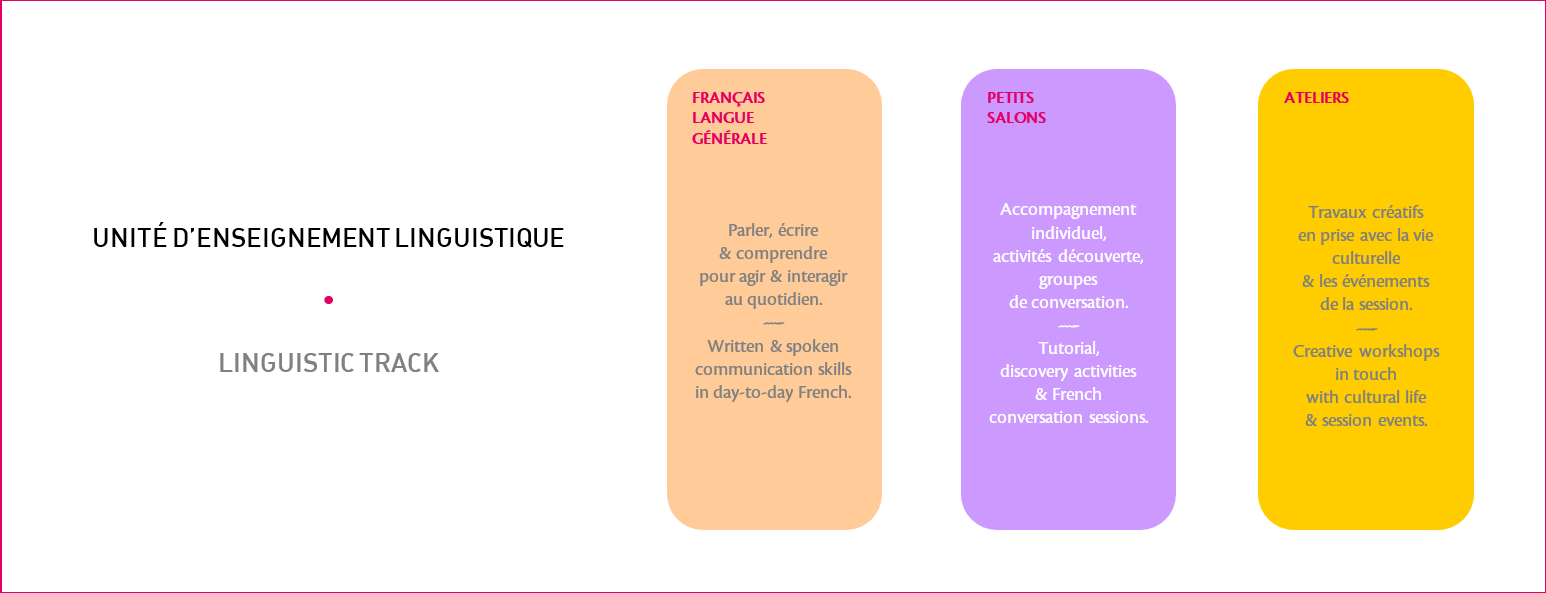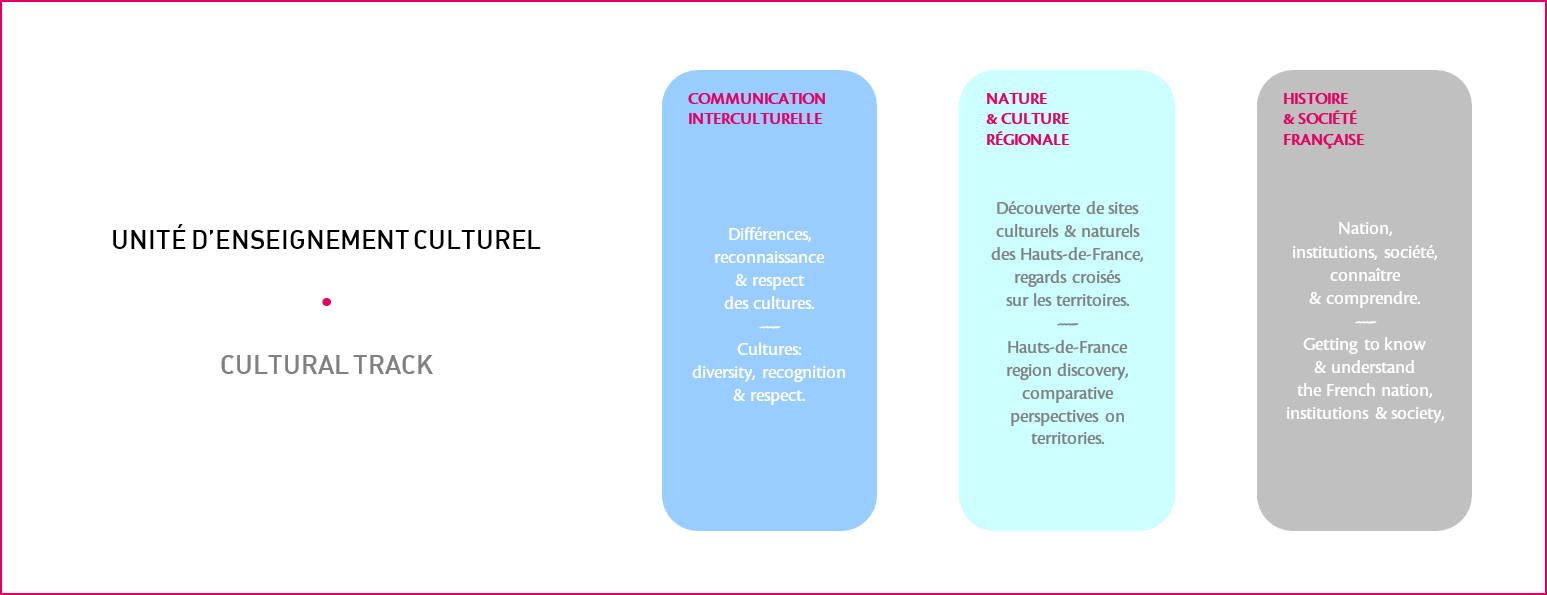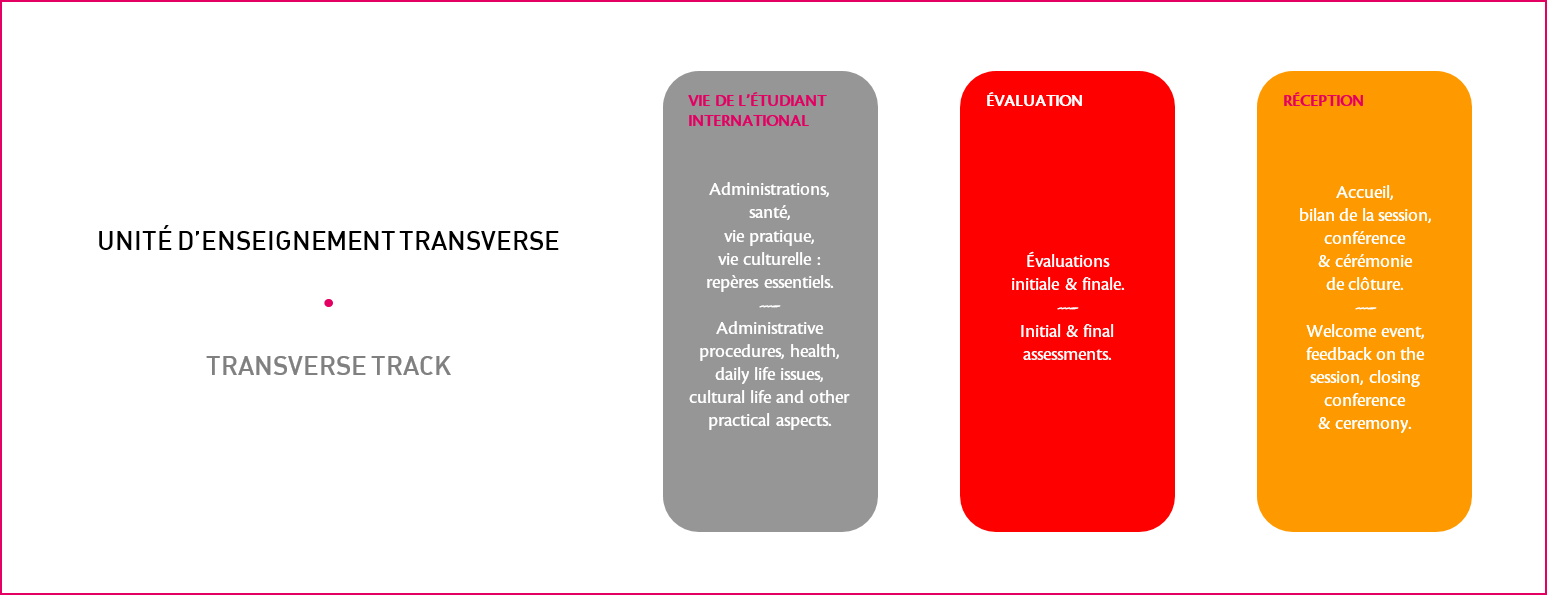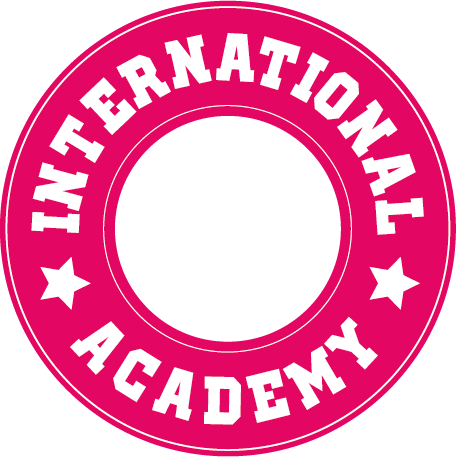-
FRENCH ACADEMIC SYSTEM
Understanding the academic world you are to enter.
Most students are familiar with their own university system. Still, do you know the French grading system? or how to measure your training in ECTS credits? and what makes the difference between universities and Grandes écoles?
This unit will allow you to discover the specificities of the French education system and its attractivity, through a presentation of historical reasons that led to this particularity.
-
FRENCH FOR ACADEMIC & SPECIFIC PURPOSES
Students’ skills and knowledge in a French higher education institution. Introduction to general vocabulary and required (socio)linguistic tools.
This course will enable students to acquire the basic skills – including general vocabulary and linguistic knowledge required in the discipline area of their degree programme-, allowing them to attend classes taught in French. lt covers language needs to be able to follow lectures and practical work. lt also prepares students for the reading and writing skills needed in their field of study. The methodology courses will ensure that students fully apprehend the French approach to a range of academic exercises.
The course content will take into account the language level of the students concerned and their field of study. The recorded material will deal with transversal elements concerning different fields (reminders and announcements, work organisation and instructions, definitions and explanations); comprehension of written documents will focus on short texts in context (case studies, experiment summaries, text commentaries). This course will enable students to get familiar with the general terminology of their major. Activities will centre on comprehension; speaking and writing skills will be provided by using authentic documents. A supervised project work will drive the students to appropriate their discipline in French.
When applicable, this unit will also address the practical use of social networks (professional profile), written and video résumés and the search for an internship.
In combination with the module Approach to Professional Life.
-
APPROACH TO PROFESSIONAL LIFE
Preparing for internship or a research project and professional life in France. Training, meetings and visits for a successful first contact with French professional practices.
What does an internship consist in? How to make it a success? How to report it? How to add value to it? Where and how find, identify and negotiate it? How to use social networks? How to behave in the professional environment? The internship or a research project considered as the application and the deepening of knowledge and techniques within the framework of the end of the degree project will be approached under its main aspects of contents and method, language and techniques with the support of professionals in the university-company relationship.
For a discovery in situ, the students will be introduced the life and practices of the professional world related to their discipline area by a first immersion in professional life: meeting with professionals and/or visits of a company, laboratory, center of excellence, construction site, or any place corresponding to their specialty.
In combination with the module French for Academic and Specific Purposes
-
GENERAL FRENCH
French for Foreigners (FLE): written/oral reception, production and interaction.
This module aims to develop the language skills necessary for linguistic autonomy, based on the use of authentic documents, and favouring a variety of themes – hence it requires your active participation and full involvement in your training. The goal is for you to acquire or develop communication skills, both written and oral, to learn to interact with French speakers or to improve your level of fluency in various everyday situations. These activities will also allow you to familiarise yourself with French culture and to deepen your knowledge.
A preliminary test will enable your placement in small groups of homogeneous language level to favour an optimal language acquisition – syntax, morphology, vocabulary. Specific phonetic sessions, focusing on articulation, accentuation or intonation, will help you to improve your pronunciation, comprehension and oral expression. A TCF French language test preparation session will help you get ready for the final assessment.
-
PETITS SALONS
Small-group tutorial, discovery activities and French conversation sessions: lively application of linguistic and socio-cultural knowledge in French.
You are invited to take part in sessions of discussions, leisure activities, cultural visits or language reinforcement, in small groups supervised by a facilitator. On various topics of your choice, you will be able to practice French via guided or spontaneous communication and take part in informal and friendly exchanges in French.
These activities, which are in keeping with the French tradition of conversation and debate, aim to enrich your lexicon and socio-cultural knowledge in French, develop your inter/pluricultural skills and improve your oral fluency.
-
ATELIERS
Creative workshops as innovative applications of language skills.
In small pluricultural and interdisciplinary groups, you will be invited to carry out an original project, in touch with the cultural life and events of the session, or even directly related to your experience as an international student. In audio, video or graphic form, the work produced will be used, depending on the case, within or outside the framework of the programme.
These activities, through the development of extra-linguistic skills, promote the learning of a language-culture.
-
INTERCULTURAL COMMUNICATION
An introduction to elements of intercultural communication: uniformity, difference and diversity.
Using the 4 Rs framework of Fons Trompenaars, the participants will learn to recognise cultural differences and to respect them in the way that they communicate, work and relate to others on a daily basis. The course will focus on recognising what culture is, especially the cultures of the different participants and the culture they will discover in France.
The starting point of the course will be the claim by the American anthropologists Kluckhohn and Strodtbeck that, throughout the world, people are confronted with the same questions but the way they respond to these questions is different, resulting in a world of diversity.
Questioning. Where appropriate, students will be asked to observe their new environment and report on the culture shock they experienced in the host culture. Hence, they will be led to question their own acculturation strategies.
-
NATURE & REGIONAL CULTURE
Cultural site visits of exceptional historic and socio-economic interest as well as a local festive event will be included in the programme.
Halfway between Paris and Brussels, the Hauts-de-France region is typified by its agrarian and maritime economy, its ancient trade fairs tradition, its former textile and mine industries steeped in the Catholic values of its captains, its maritime and Flemish borders, its vivid memory of wounds inflicted by two world wars, its cultural renewal.
-
FRENCH HISTORY & SOCIETY
French space, how better to apprehend its social and cultural context than through some key notions of the French Republic (values, history, heritage, foresight)?
Students will be introduced to some cultural keys for active integration in their training process in this new environment together with a little geography in both regional and national dimensions, media, major social issues, political scene, main historic facts since the Modern period and France in the European Union.
The language used in teachings mobilises factual knowledge and linguistic skills; its rich vocabulary and complex syntax will allow students to improve their practice of academic French.
-
INTERNATIONAL STUDENT LIFE
Presentation of practical aspects of student life.
• French administration and life outside of studies.
Raising awareness of the codes in use in administrations. Overview of extracurricular life, typical everyday activities and daily need expenses. Tourism and outings. Useful information.
• Help and insights into an incoming mobility.
Essential input to get one’s head around administrative procedures before and during an international mobility to France (visa and residence permit, health, housing assistance, university…).
-
ASSESSMENT
Initial assessment. A placement test carried out before the training will enable us to tailor grammar topics and lexical contents and to identify specific needs.
Final assessment. Through regular assignments and a final examination, we will assess the knowledge and skills acquired during the training and evaluate the level reached in French. A specific TCF examination will be held to evaluate the level reached in French.
-
RECEPTIONS
These events are integrated in the programme:
• Welcome Session: Orientation & technical informations.
• Closing Conference: A lecture will be run by a journalist, with the participation of professionals and scholars.
• Student Feedback: At the end of the session, a student evaluation form will be provided together with informal discussions on the programme.
• Closing Ceremony: Final Reception in the presence of Hauts-de-France higher education representatives, if applicable.

